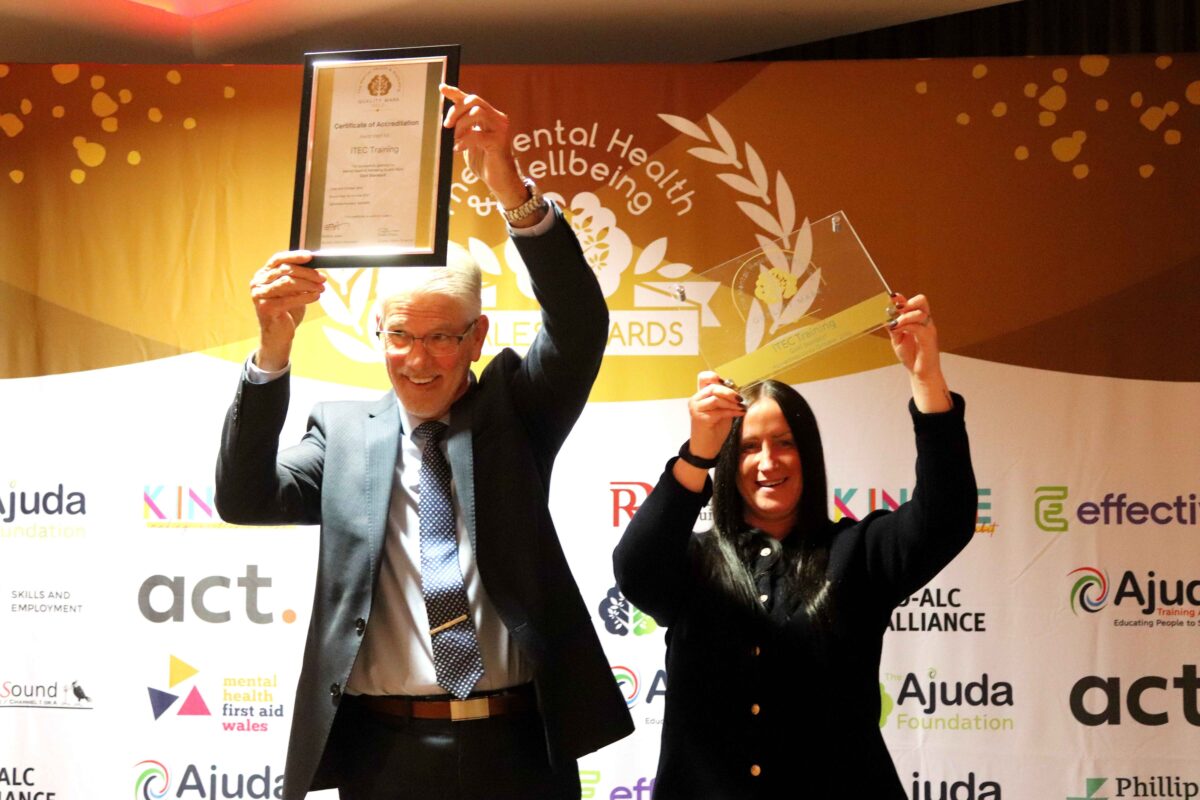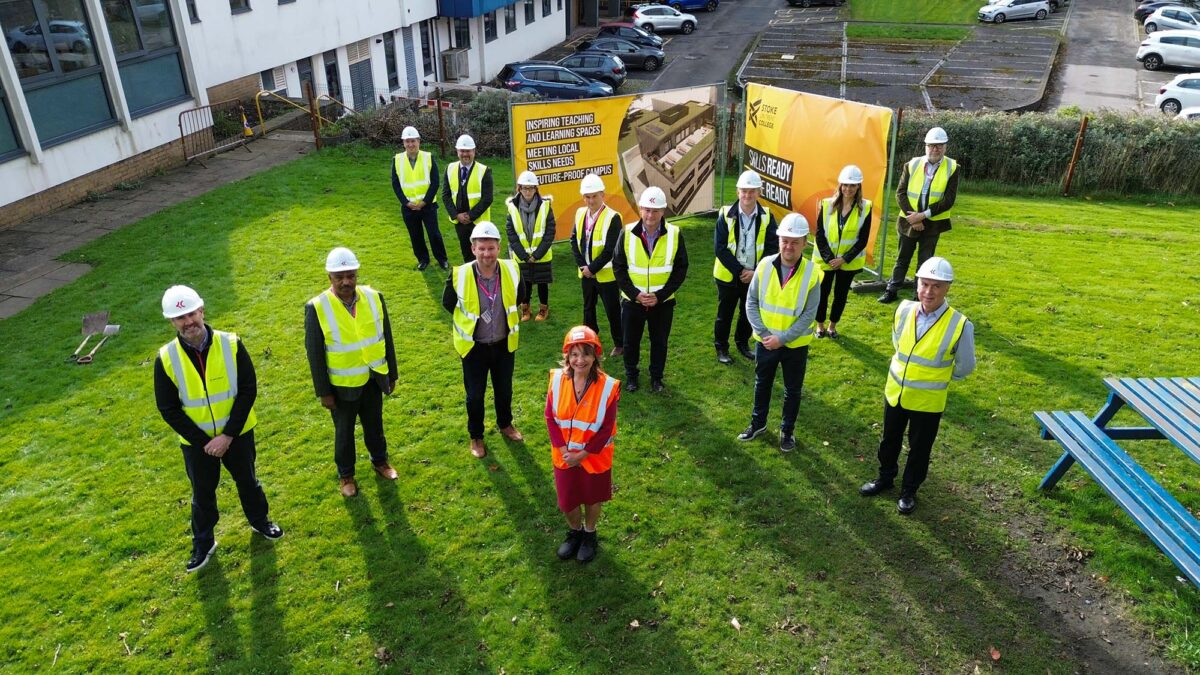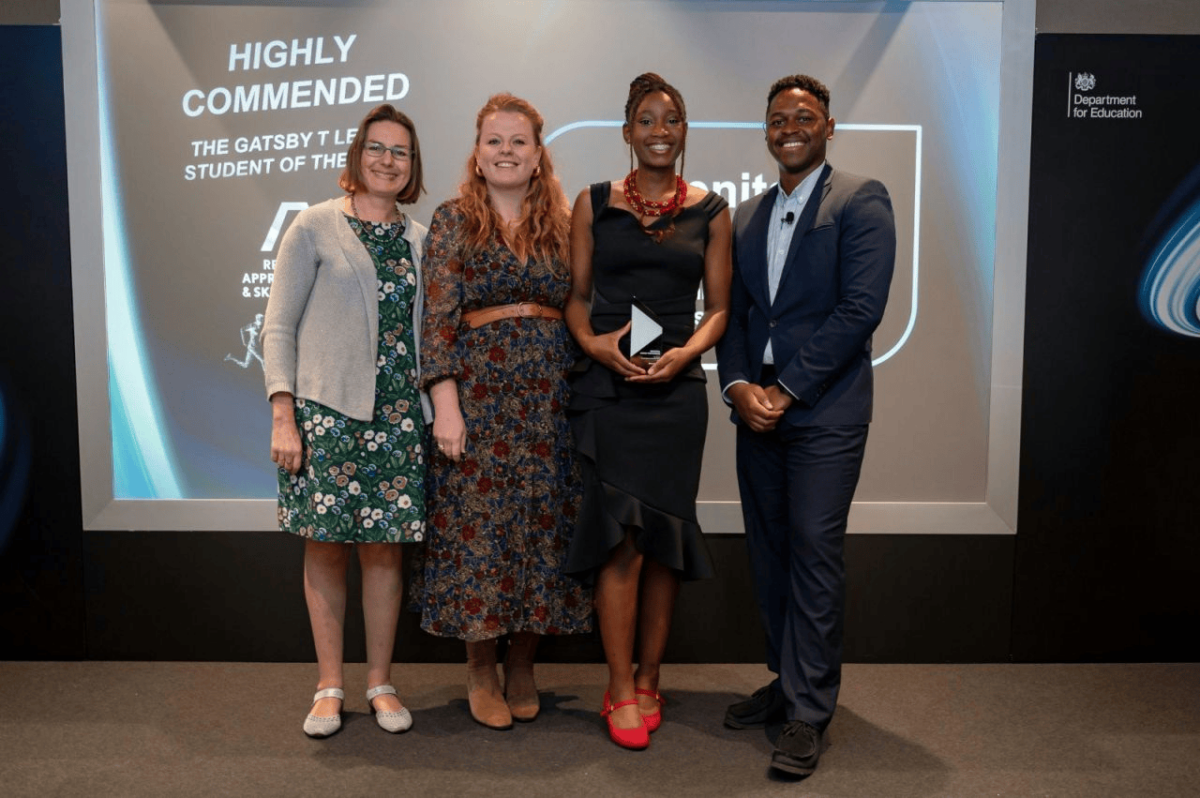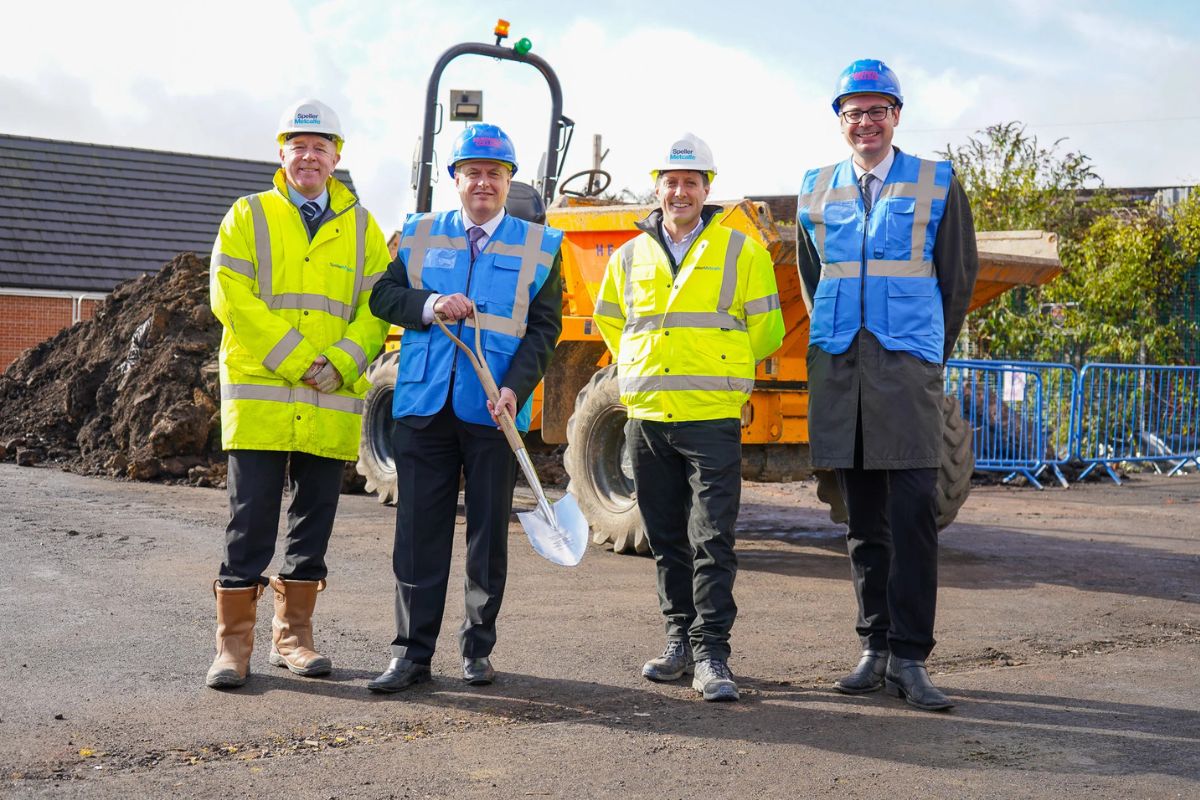How university can lead to a career in esports

A-Level results day in the UK marks the beginning of an exciting journey for students as they prepare to embark on university life with all of the experiences and opportunities which follow. University shapes a student’s skillset and opens their eyes to the possibilities beyond education, and it is where many discover and strive towards their dream job.
Gaming is hugely popular and an ever-growing industry which students are engaging with, but few fully understand the potential possibilities in the esports sector, and crucially the job opportunities it can provide. It’s rising popularity, as evidenced by its recent inclusion as a test event in the Commonwealth Games, will only increase the industry’s growth and create new job opportunities – job opportunities that university students are well placed to fill.
Off the back of summer tournaments, the coming weeks will see university societies and teams reaching out to welcome new joiners, and amongst those will be esports societies looking to greet new students, help them settle in, and prepare them for upcoming gaming competitions and events.
University esports communities play a vital role in helping new students adjust to university life, but the university space also needs to highlight the rising job prospects of the esports industry to help students turn their gaming dream into a reality.
The benefits of esports
Not long ago, video games were considered a negative influence on young people, however, research has since shown the opposite – they are, in fact, very beneficial.
Games are a great platform to socialise and meet new people, particularly at university. Mental health charity Young Minds has highlighted the benefits of gaming for young people, helping them to connect and engage with friends in a stress-free space, allowing them to switch off and relax, and giving them an arena to recharge.
Beyond the mental health benefits of gaming, esports offers a number of teachable transferable skills for students to utilise both in everyday life as well as their future career, whether that be in the esports industry or elsewhere.
Teamwork is a core facet of video games and a skill which is vital to everyday life. This involves both leadership and responsibility, as well as understanding the importance of a specific role with a team. Teamwork is not only important in playing a game itself, but also the organising, planning and producing of an event, including all aspects of broadcast and media.
It also teaches communication, and specifically clear communication. Whilst playing games, casting a tournament, or running an event, people need to process and concisely relay information quickly and clearly in order to help others, and this is utilised in every interaction in everyday life.
More technical skills such as problem solving, memory, strategizing, pattern recognition and concentration can also be developed through esports.
Gaming is more than just a fun pastime, it is a way to meet new people, socialise, improve mental wellbeing and develop key skills, which matches perfectly with the culture of a university environment to enhance the benefits of esports.
How universities are elevating esports
The next generation of esports workers will be sourced from the latest university talent, and the platform and opportunities provided by further education institutions will shape the future of the sector. Esports offerings are becoming more frequent across the country with several universities offering dedicated degrees, whilst esports societies are also growing, as seen by large student communities in Warwick, for example.
Beyond dedicated esports courses, programmes involving business, events, marketing, and journalism all help to develop key transferable skills to the esports industry which will be suited to emerging jobs as the sector continues to evolve.
The programmes offered by universities are enhanced through esports societies and their participation in key competitions and tournaments, such as the Amazon UNIVERSITY Esports Masters, where hosts GGTech work with students to run and produce events, providing them with opportunities and experience in event management, casting and broadcasting.
Providing opportunities to students at university level and continuing to innovate and upgrade courses and facilities will help to usher in the next generation of talent to lead the esports industry forward towards its huge projected growth.
The jobs that esports has to offer
Whilst many dream of being the next esports professional, being the best at League of Legends or Rocket League, it is important to open people’s eyes to the plethora of wider job roles that the esports industry has to offer.
The university space offers great experience and can hone core skills such as teamwork, communication and leadership, all of which are transferable for any job, particularly those in the esports sector.
The Amazon UNIVERSITY Esports Masters competitions, now being hosted in person with Covid fears subsiding, give opportunities to students and highlight a number of roles required to run a successful esports competition. Alongside the players themselves, these events need event organisers and event managers to oversee advertising, social media promotion, broadcasting, casting and tech support.
Hours of training, preparing for, and playing esports competitions can have a great deal of impact on the body and mind of players. As a result, coaches, psychologists, nutritionists, and physiotherapists also play an important role on the player’s side of competitions.
Also, the organisation of competitions and tournaments requires lots of specialised personnel in various fields: journalists and community managers keep fans up to date with the latest news; business administrators and accountants are essential as in any organisation; realisation teams comprising of cameramen, lighting technicians, and sound engineers; and lots of other roles like judges or developers.
As the number of competitions and tournaments ramp up post Covid, the opportunities for students to gain experience in these roles will increase, helping them to prepare for a career in esports. This is supported by a growing number of roles being created by the industry and dedicated esports jobs sites such as Hitmarker advertising roles and opportunities across the sector, from tech-related jobs to media.
It’s time to join a growing industry
There is no better time to forge a career in esports with unprecedent growth and a rapidly rising player and viewer base set to fuel the industry.
In 2021, The global esports market was valued at $2 billion, according to Grand View Research, highlighting that the industry is already well-established, and research estimates that the esports sector will reach a forecasted revenue of over $12 billion by 2030.
The growth of the industry will only continue through collective efforts across multiple spheres, with the likes of Netflix becoming increasingly involved in the gaming world, and the education sector enhancing their facilities, courses and teaching for esports related training.
It is an exciting time for students receiving their A-Level results, with the esports industry on the rise and universities providing the platform to meet new people, develop skills and help prepare students for their career in esports.
By Tao Martinez, Head of University Esports Development at GGTech











Responses